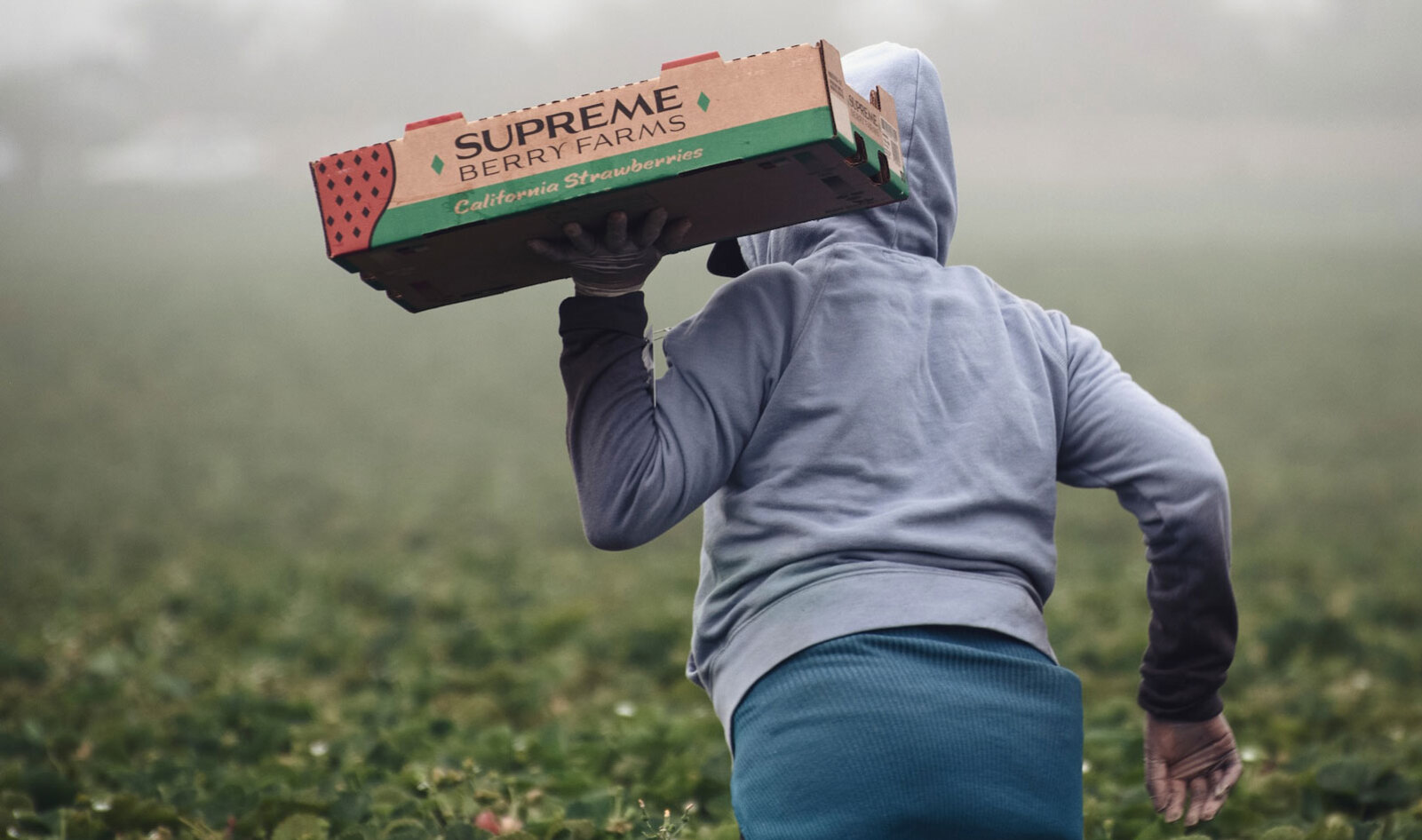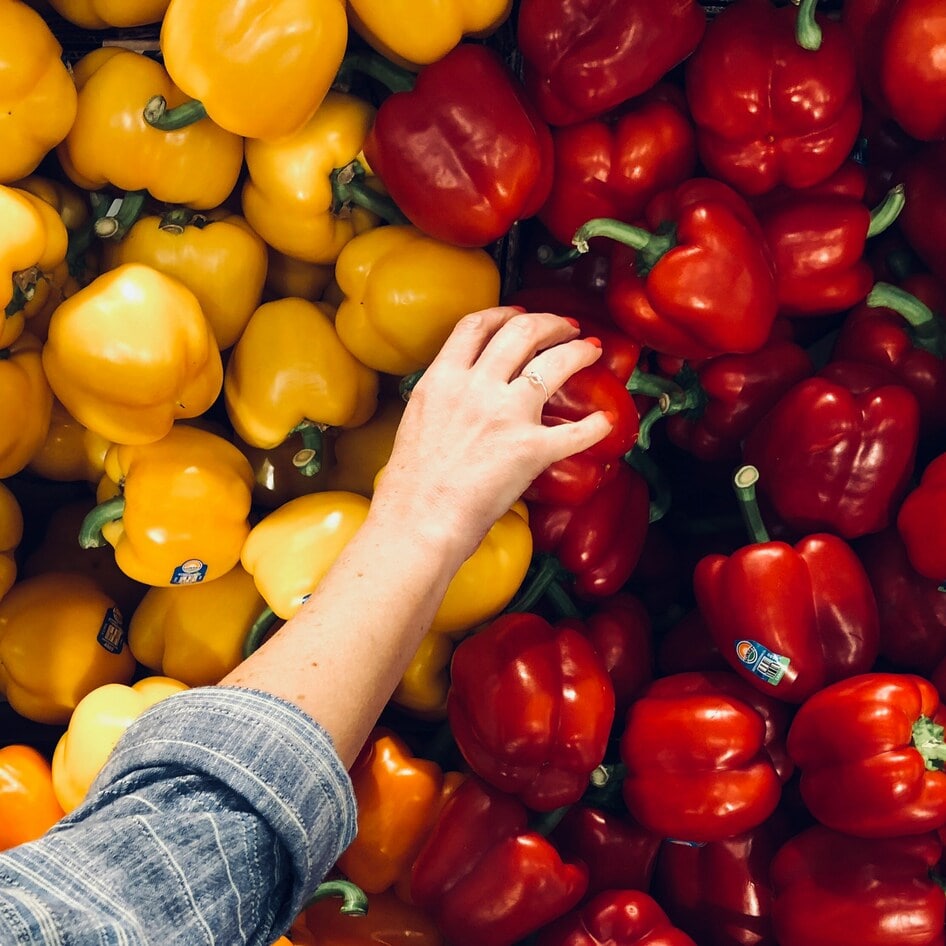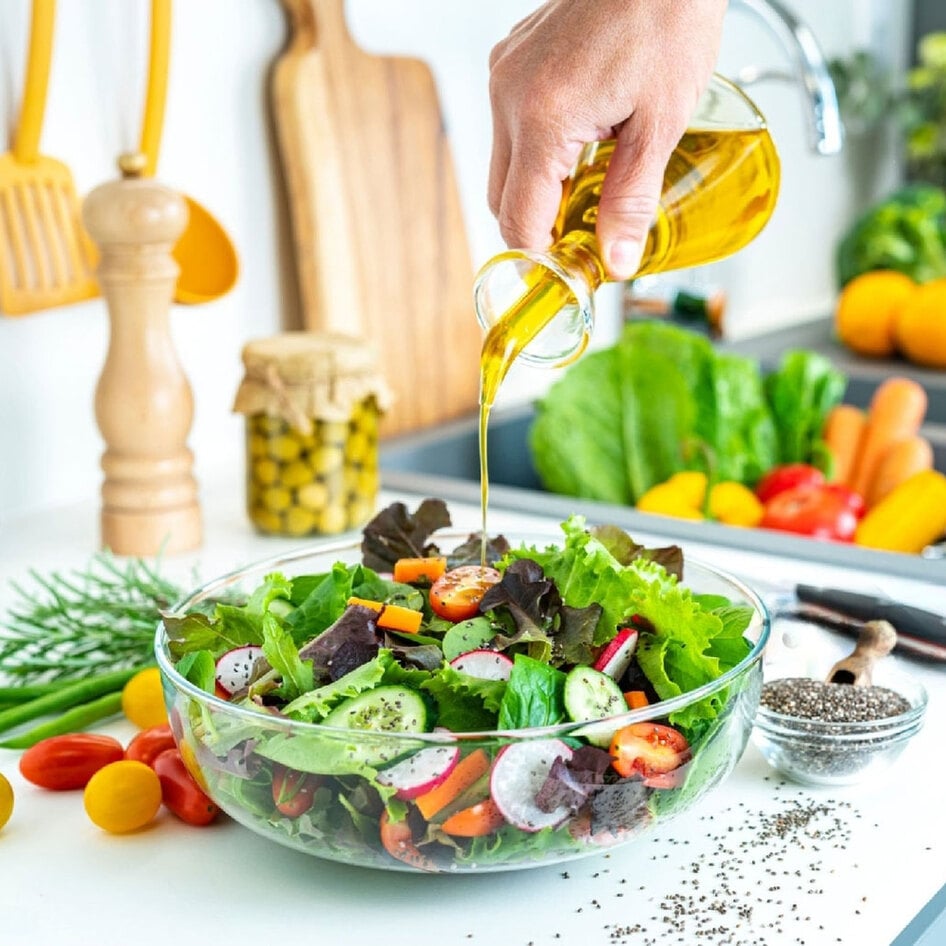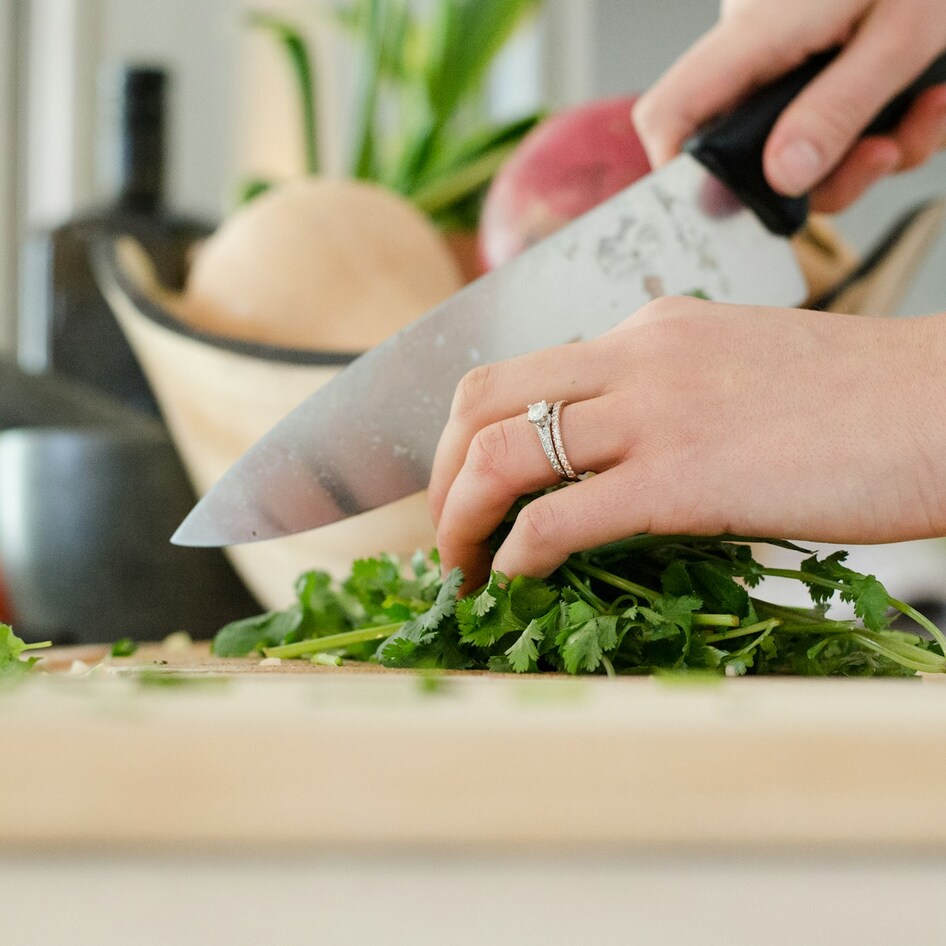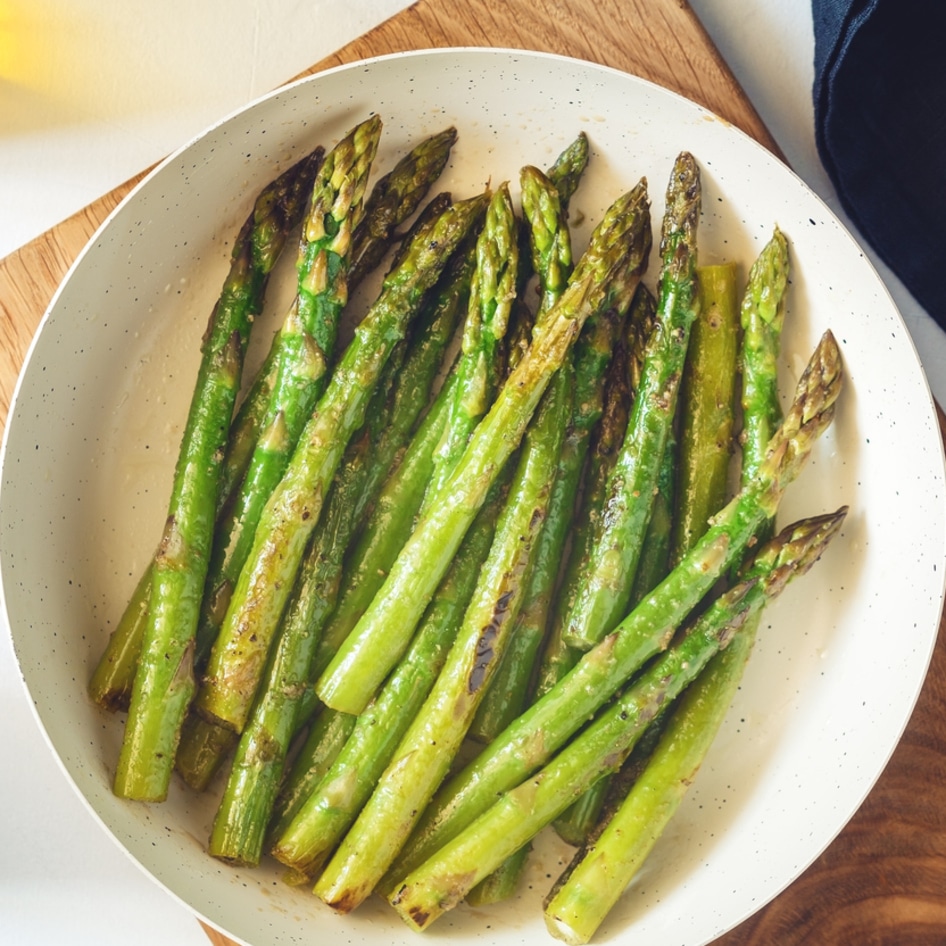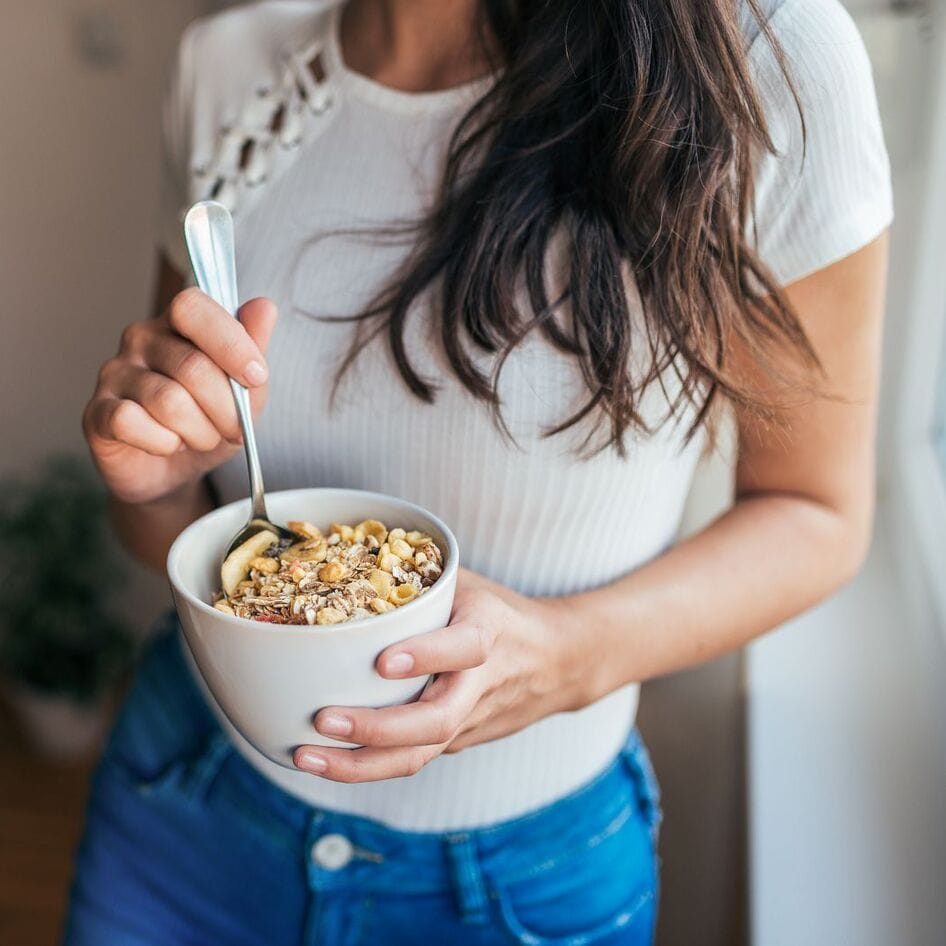Nearly every year since 2004, the Environmental Working Group (EWG) has released two lists surrounding pesticide use in produce. The first is the ominously titled Dirty Dozen, and the second is the more positive-sounding Clean Fifteen. Just recently, the nonprofit, which claims to help individuals live their “healthiest life,” delivered its 2023 versions of these lists. But what exactly is the purpose behind them? And how closely should we pay attention to the findings?
What is the Dirty Dozen and Clean Fifteen?
With its Shoppers Guide to Pesticides in Produce, the EWG claims its goal is “to educate the public about pesticides on popular fruits and vegetables.” This, it notes, is so that consumers can make the “best decisions for their families when navigating the produce section of their grocery stores.”
The guide always includes two lists: the Dirty Dozen and the Clean Fifteen. Based on produce tested by the USDA and the FDA, the first aims to inform consumers about the non-organic fruits and vegetables that have the highest levels of pesticide contamination. And the second list details the fruit and vegetables that have the lowest levels.
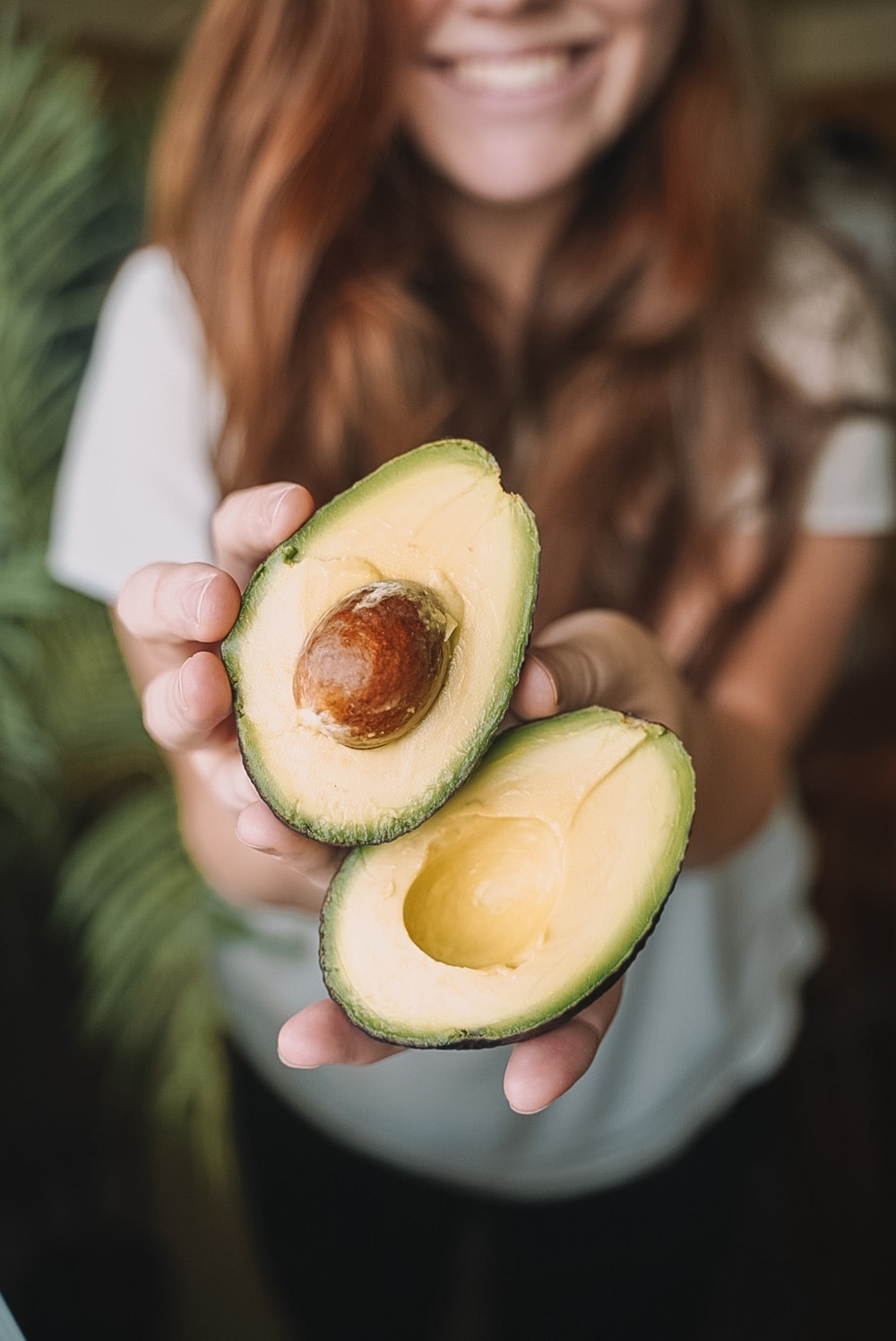 Unsplash
Unsplash
The 2023 Dirty Dozen and Clean Fifteen
The 2023 Dirty Dozen list isn’t that dissimilar from 2022’s version, only this time it also features blueberries and green beans in the number 11 and number 12 spots respectively, instead of celery and tomatoes.
Strawberries and spinach are in the top spot once again and are followed by kale, collard, and mustard greens, which all feature in third place. The rest of the produce—nectarines, apples, grapes, bell and hot peppers, cherries, peaches, and pears—have shuffled places a little, but all were on the list last year.
According to the EWG, 210 pesticides were found on all of these items. “All of the produce on the Dirty Dozen had at least one sample with at least 13 different pesticides,” it notes. “Some had as many as many as 23.”
Again, the Clean Fifteen list isn’t that dissimilar from last year, only this time it features carrots instead of sweet potatoes in the number 15 spot. This year, sweet potatoes have moved up to number 13, and watermelon is at number 14. Avocados are at the top, followed by sweet corn, pineapple, onions, papaya, frozen sweet peas, asparagus, honeydew melon, kiwi, cabbage, mushrooms, and mangos.
“Almost 65 percent of Clean Fifteen fruit and vegetable samples had no detectable pesticide residues,” notes EWG.
How concerned should we be about pesticide exposure?
According to the EWG, consumers need to know the annual Dirty Dozen and Clean Fifteen lists because pesticides, which are substances that help to keep pests away from crops, “are toxic by design” and exposure to them can lead to a higher risk of chronic disease, like cancer.
Based on this, the EWG recommends that for those fruits and vegetables that are on the Dirty Dozen list, consumers look for organic produce alternatives, which are grown in a farming system that aims to avoid the use of man-made fertilizers and pesticides, instead.
However, while research does suggest that pesticide exposure is toxic in high doses, many experts also claim that consumers shouldn’t be too concerned about cancer risk when it comes to pesticide traces on non-organic fruit and vegetables.
“In terms of cancer prevention, we don’t have any conclusive evidence or research findings showing that eating non-organic fruits and vegetables increases your cancer risk or that eating organic foods reduces that risk,” Candice Schreiber, RD, CSO, LD, told The James at the Ohio State University Comprehensive Cancer Center, in October 2022.
Schreiber also notes that organic foods can also contain pesticide residue. This is because organic farming does sometimes use natural pesticides to keep pests away from crops. But again, many experts maintain this isn’t something to worry about.
“Potential residues on either conventional or organic produce are in [tiny] amounts that are not linked to any adverse health effects,” Tamika Sims, PhD, of the science-based nonprofit International Food Information Council, told Healthline in 2020.
“The US Department of Agriculture Agricultural Marketing Service has issued reports confirming that overall pesticide chemical residues found on foods are at levels below the tolerances established by the US Environmental Protection Agency and do not pose a safety concern,” she added.
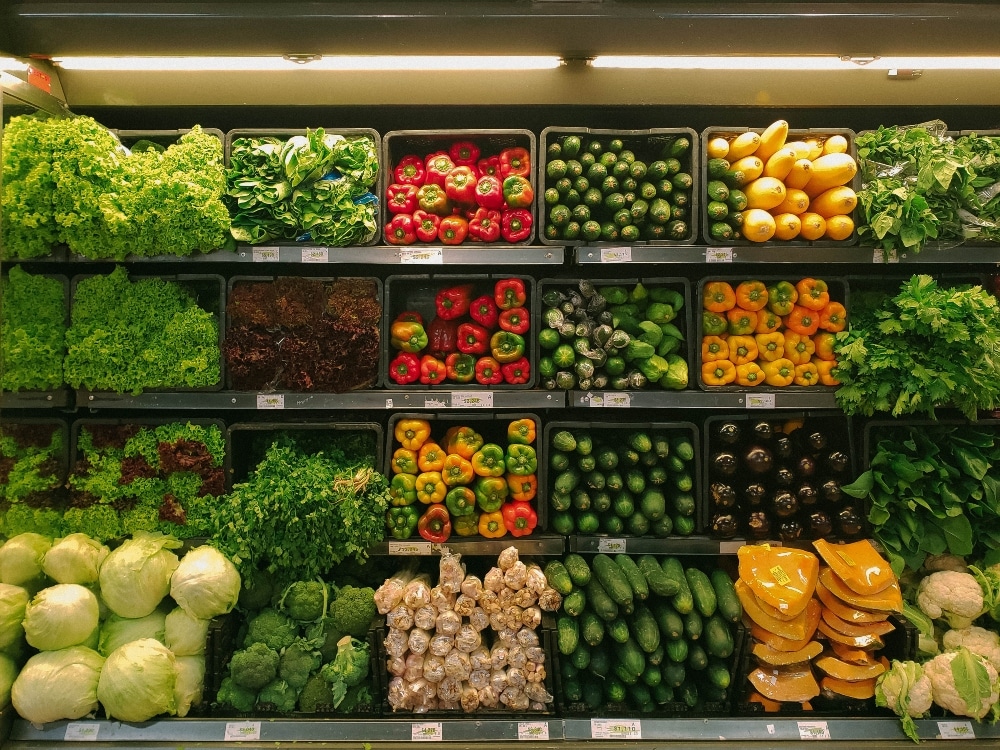 Unsplash
Unsplash
Dirty or clean, you should eat your vegetables, say experts
While many people would like to shop for organic foods to limit pesticide exposure, this isn’t accessible to everyone. This is because organic food is typically more expensive than non-organic food, but also because it’s not always readily available either.
According to some estimates, around 23.5 million Americans live in food deserts in the US. These are regions where people (disproportionately, people of color) must travel more than one mile to reach a supermarket. There are usually high concentrations of fast-food restaurants in these areas, but farmer’s markets are nonexistent.
But, in circumstances where people can’t access organic options, fearmongering around pesticide use on non-organic fruits and vegetables can dissuade people from attempting to eat produce altogether, say many dieticians, and this is incredibly damaging to health. Both organic and non-organic fruits and vegetables are packed with essential vitamins, minerals, and antioxidants.
“Many people may worry about eating produce that isn’t organically farmed and ultimately eat less of it over the long run if organic produce isn’t readily accessible,” Crystal Karges, RDN, told Healthline. “Feeling stress or fear around certain foods or farming practices takes the joy away from eating and can potentially prevent people from consuming foods that would be beneficial to their diet.
The bottom line is, if you’re worried about pesticide use and organic options are available and accessible to you, then go ahead and follow the EWG’s listings. But if this isn’t an option, remember that eating fruits and vegetables is still vital for good health, organic or non-organic.
“Simply follow the advice of dietitians and health experts and choose the fruits and vegetables that you enjoy that are affordable and accessible for you and your family,” Sylvia Klinger, DBA, MS, RD, told The Packer. “But choose to eat more every day for better health and a longer life.”
For more on vegetables, read:
JUMP TO ... Latest News | Recipes | Guides | Health | Subscribe

